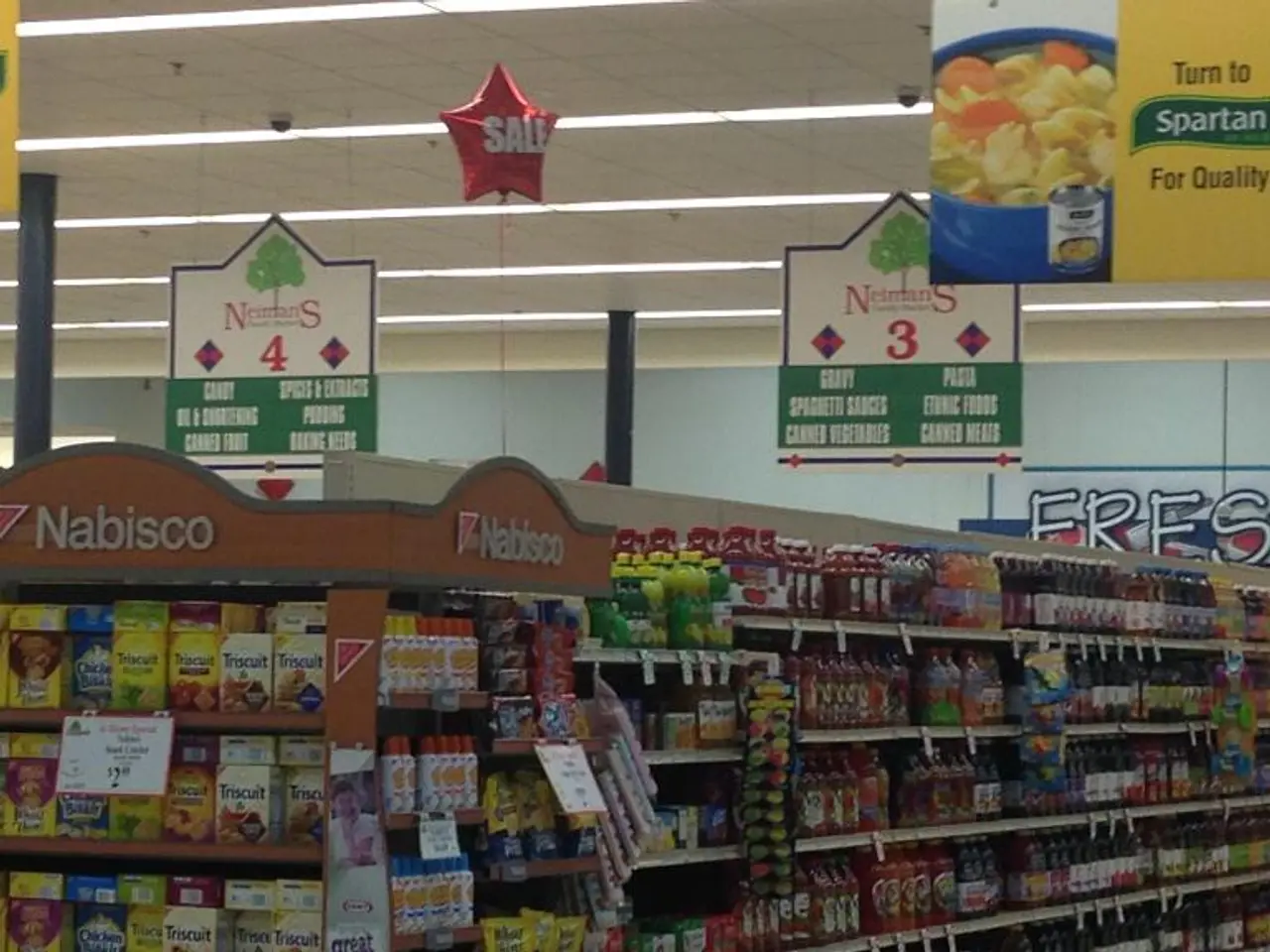Impact of tariffs on consumers remains minimal, according to new study
In recent times, American consumers have shown a marked shift in their purchasing habits, a response to the economic pressures stemming from tariffs.
According to a report by Resonate, an AI-powered consumer intelligence firm, this shift is characterized by increased spending caution, reduced purchase frequency, and heightened price sensitivity.
Increased Caution and Spending Hesitation
Around 74% of consumers are more cautious in their spending, delaying or reducing purchases, particularly for nonessential items. This trend suggests a growing reluctance among consumers to make unnecessary expenditures.
Shift to Cheaper Alternatives and Demand for Discounts
Nearly half of consumers are opting for lower-priced products and actively seeking discounts. This shift reflects a heightened sensitivity to rising prices caused by tariffs.
Reduced Transaction Volumes
Some businesses report stable overall revenue but fewer items sold, indicating consumers are purchasing less frequently or in smaller quantities.
Pre-Tariff Purchases ("Stocking Up")
Ahead of tariff hikes implemented in 2025, some shoppers increased purchases, temporarily boosting retail sales by about 0.5% in July, as consumers anticipated higher prices soon.
Impact on Consumer Sentiment and Behavior More Pronounced than Measured Inflation
Although tariffs have a modest direct effect on measured inflation, they strongly influence consumer sentiment. Around 79% of shoppers expect higher prices due to tariffs, and 37% plan to modify their shopping habits accordingly.
Categories Most Affected
Consumer electronics, apparel, footwear, automotive parts, and home goods have seen significant price increases due to tariffs on imports, influencing purchasing decisions and availability.
Business Responses to Consumer Behavior Shifts
Small businesses are adjusting pricing strategies, supply chains, and product offerings to cope with changed demand patterns driven by tariff-induced economic pressures.
The Big Picture
Tariffs have triggered both direct cost increases on goods and amplified consumer concerns about inflation, leading to more cautious and price-conscious buying behavior in the U.S. market. This evolving consumer mindset impacts retailer strategies and shapes spending patterns across key sectors.
Furthermore, a significant 23% of consumers expect to be personally worse off within six months, indicating a potential economic slowdown in the near future. Many American consumers are prepared to cut non-essential expenses if economic conditions worsen.
The July Consumer Price Index showed that, so far, tariffs have not significantly impacted inflation, with the inflation rate remaining at 2.7%. However, the effects on consumer behavior have been more pronounced, with a majority of consumers planning to travel less for the coming fall or winter holidays and a growing number opting out of gift-buying.
The trend of budget-friendly travel and deal-focused holiday shopping has become more common, with 11% of holiday travelers opting for more domestic travel and 13% choosing budget-friendly options like camping or road trips.
In the long term, nearly a quarter of consumers plan to shop exclusively during events like Black Friday and Cyber Monday in 2025, indicating a shift towards price-conscious shopping even in traditionally high-spending seasons.
With confidence in personal finances trending downward, it is clear that tariffs have had a significant impact on the financial outlook and spending habits of American consumers.
In light of the economic pressures from tariffs, there is evidence of increased caution in personal-finance management, with a significant 74% of consumers deliberately delaying or reducing purchases, especially for nonessential items (Increased Caution and Spending Hesitation). Additionally, businesses are witnessing a shift in consumer behavior towards cost-effective alternatives, as nearly half of consumers are opting for lower-priced products and actively seeking discounts (Shift to Cheaper Alternatives and Demand for Discounts). This trend suggests a growing concern for business and personal-finance management.




